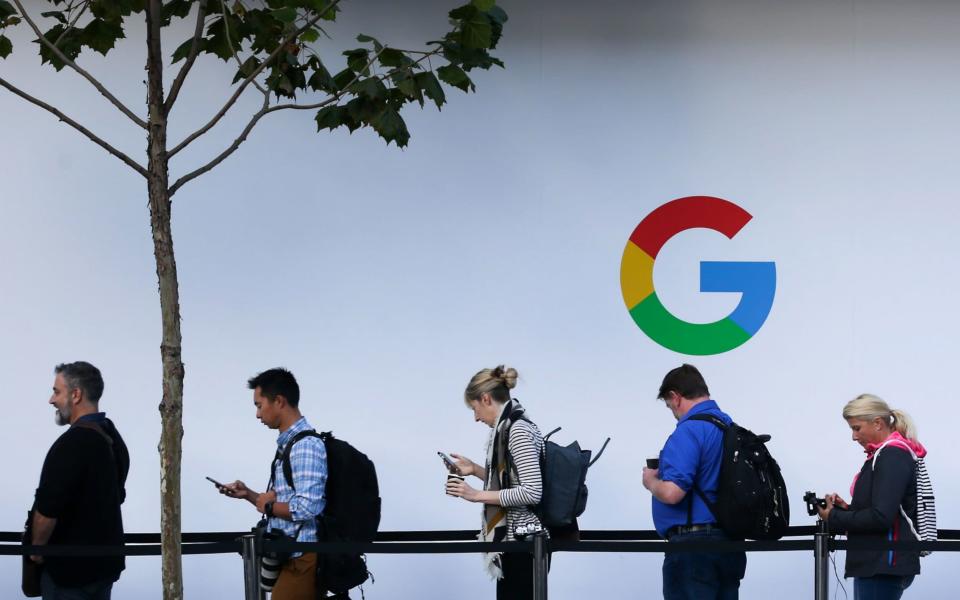Google tracks your location, even when you explicitly ask it not to

Google has hit back after fresh criticism from privacy campaigners at claims the tech giant has routinely tracked the movement of users of some of its most popular services, even when they have explicitly asked it not to do so.
The search giant’s location-based services such as Google Maps and Street View are used by hundreds of millions of people around the world.
They require users to opt into sharing their data by allowing the apps to access their current location. The Google Maps service has an additional option called “Always Allow” that gives users “navigation, real-time traffic and transit updates” when chosen. A “timeline” feature records the places users have visited over time.
But an investigation by the Associated Press has found apps on iPhones and Android smartphones were tracking location data even if user privacy settings were configured to prevent them from doing so.
It found Google continues to store time-stamped location data from users with their Location History deactivated. Potentially over two billion Android users and Google app users on Apple iPhones are affected.
The alarm was first raised when a graduate researcher at University of California, Berkeley, was asked to rate her shopping trip to a department store despite Location History being switched off on her phone.

Tech companies have come under intense scrutiny in recent months over the handling of user data and privacy. Any potential breaches of the step-by-step location data recorded by Google could pose serious risks to people unaware of how their daily movements are stored and shared against their preferences.
Google hit back yesterday by saying that an additional setting called “Web and App Activity” could be turned off to give users more autonomy over other data collected.
“Geographic information helps us provide useful services when people interact with our products, like locally relevant search results and traffic predictions. There are a number of different ways that Google may use location to improve people’s experience, including: Location History, Web and App Activity, and through device-level Location Services,” a Google spokesperson said.
“We provide clear descriptions of these tools, and robust controls so people can turn them on or off, and delete their histories at any time.”
But Griff Ferris, legal and policy officer at not-for-profit privacy campaign organisation Big Brother Watch, told The Telegraph that people should not be tracked without their knowledge or consent.
“People’s location information is extremely sensitive as it can detail a person’s precise movements, including where they’ve been, when, and with who, which raises very serious privacy concerns,” he said.
“This information is commercially lucrative for Google, as it can be used to target advertising. It is wholly unacceptable for Google to record this information secretly, against people’s will, on the basis of misleading privacy settings that are supposed to safeguard people’s rights. Google must live up to its promises and give its users real and meaningful control over their privacy.”
One way user location data shared with Google is harnessed is through its AdWords Store Visits Conversions, a tool designed for marketers to measure how their ads impact store visits. Google says Store Visit Conversions measure Google users “who have opted in to share their location history, clicked on an ad, and then visited a store”, raising concerns for those who thought their preferences prevented this.
In a statement, an Information Commissioner’s Office spokesperson said: “Under the GDPR and the Data Protection Act 2018, organisations have a legal duty to be open, transparent and fair with the public about how their personal data is used. Anybody who has concerns about how an organisation is handling their personal information can contact the ICO.”

 Yahoo Finance
Yahoo Finance 